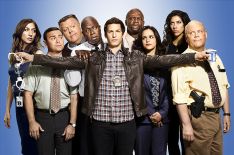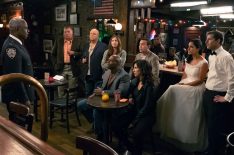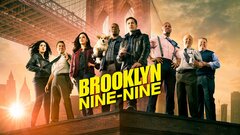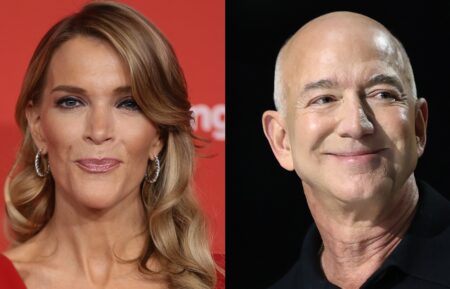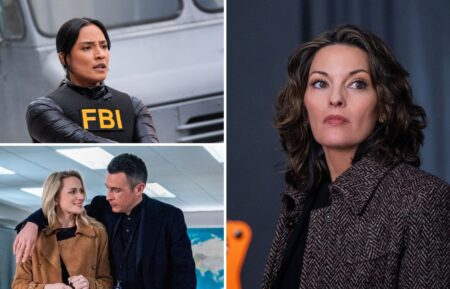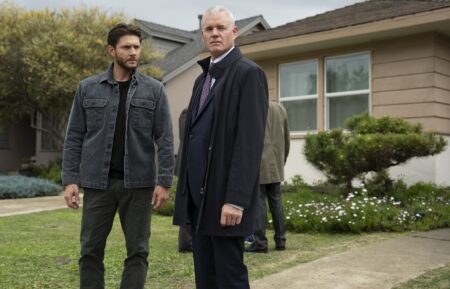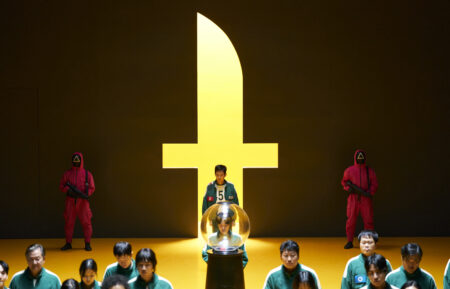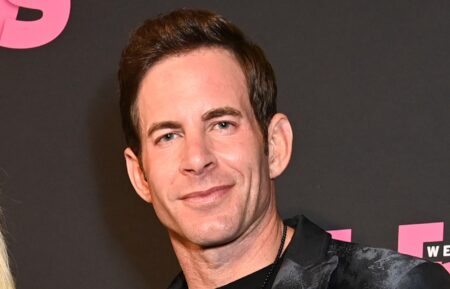‘Brooklyn Nine-Nine’ Does ‘Police Drama’ Better Than Most Actual Police Dramas
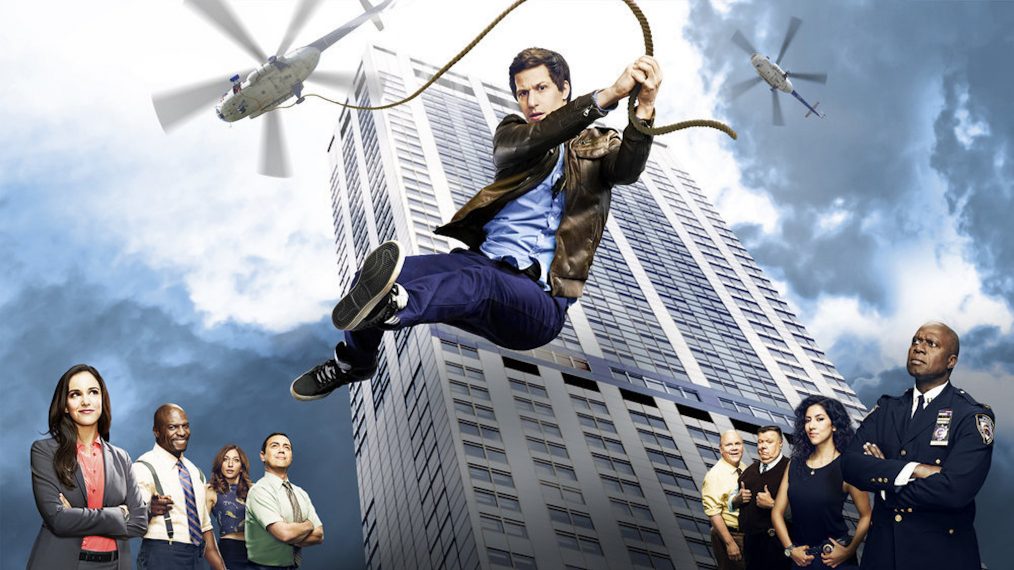
Opinion
Brooklyn Nine-Nine may be a half-hour comedy, but as its loyal (and passionate!) fans know, it has quite a bit to say in those 30 minutes.
Though no show can be completely free of tropes or old storytelling devices, Mike Schur’s police-precinct comedy uses them sparingly and often in unusual ways. As such, the show often offers new takes on classic conflicts regarding crime and justice — and does so while making viewers laugh. No, Nine-Nine isn’t a classic “police drama” show, but it approaches the same topics as those programs. And often, it does those topics, characters and conflicts more compellingly and honestly in 30 minutes than the others do in an hour.
Here’s where we think this sitcom excels past many network dramas.
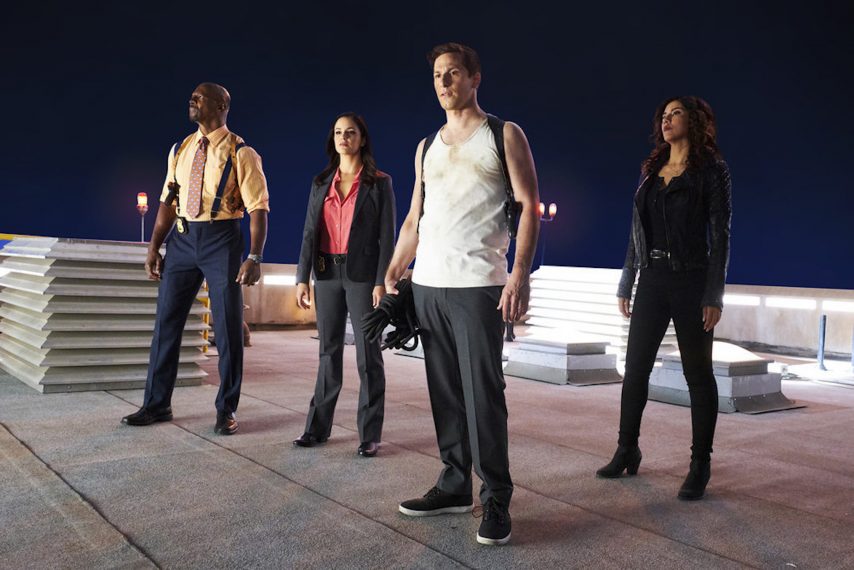
Characters don’t rely on stereotypes
While many of the “police drama” shows often feature characters who come from cookie-cutter molds — the rookie, the grizzled detective, the “badass” woman who has to prove she can run with the boys — Nine-Nine doesn’t utilize those tropes to the extent that they’re the defining trait of a character. Sure, there are basic character types each of the members of the 99th precinct might fit into; Amy’s a bookworm, Gina’s a carefree secretary, Jake’s the messy (but brilliant) detective who always gets the job done, etc.
What’s more important about how the show handles its characters is how it takes steps to make sure its core players are more than a singular trait. While Rosa might be the mysterious, tough woman on the force, she’s also given plenty of time to develop and process her emotions. While Holt could easily be considered the “old-timer Captain,” the show makes a point to show that he’s still learning along with the younger members of his squad: and he defies stereotypes of sexuality, too. Even Amy proves she’s more than just a bookworm, and Jake learns responsibility throughout the seasons.
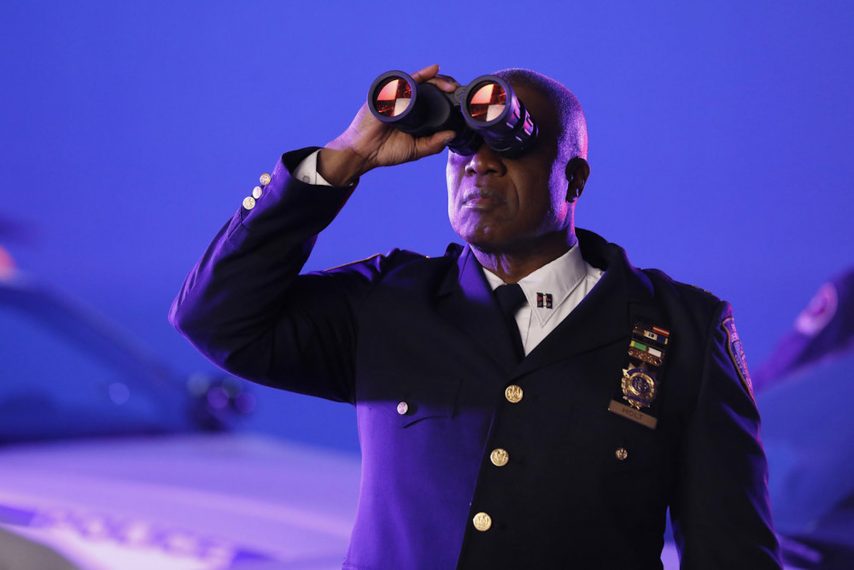
Drama isn’t manufactured
Though conflict on some dramas can often feel cheap or inauthentic (unrealistic plot twists come out of nowhere, major characters are killed for shock value) that’s rarely the case on Nine-Nine. Schur’s show, as a comedy, hasn’t killed off any of the mains, but more importantly it creates tension in storylines without throwing in inexplicable conflicts from out of left field.
Even the show’s biggest plot twist — arguably Jake and Rosa being sent to prison — was realistic, if heartbreaking. No sharks are being jumped on Nine-Nine, and even drama among the characters feels fresh and authentic; rarely do the members of the precinct act out of character in order to further a plotline or add another layer to a crime they’re trying to solve. On this show, conflict comes from expanding storylines and developing characters, rather than the need to hook viewers into another stale plot twist.
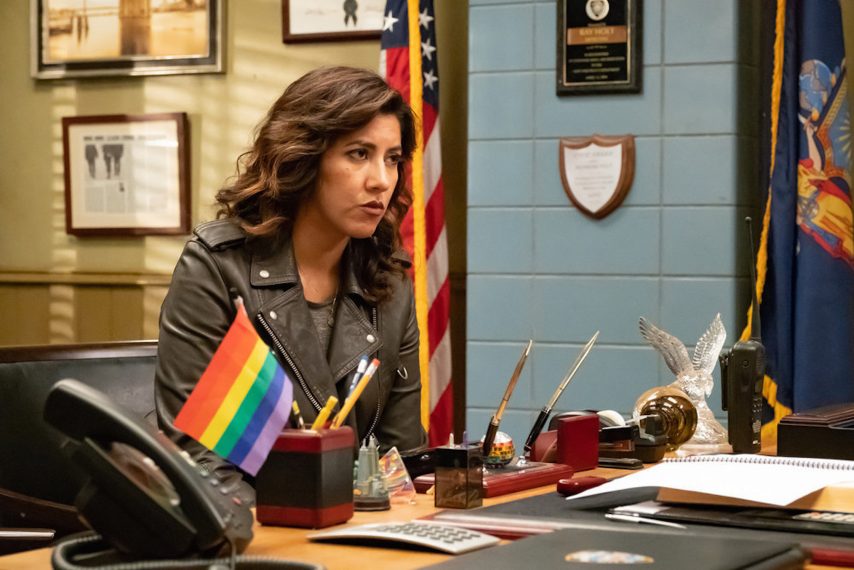
Fictional scenarios, realistic consequences
Just because the conflicts aren’t torn from pages of detective novels doesn’t mean characters on Nine-Nine don’t experience consequences for their actions. Schur and his team go out of their way to create scenarios where an easy solution rarely presents itself, or where the easy way stands in direct opposition to the right thing.
Unlike many comedies and even some dramas, sometimes things don’t get tied up in a perfect bow for the protagonists — and often, that means they’ll endure very real hardship. Prominent examples include Jake and Holt going into witness protection and, again, Jake and Rosa going to prison, though those are by no means the only instances of realistic (if heartbreaking) resolutions to complex problems. Nine-Nine isn’t afraid to make things hard for its characters, and still manages to keep its sense of humor as it does so.
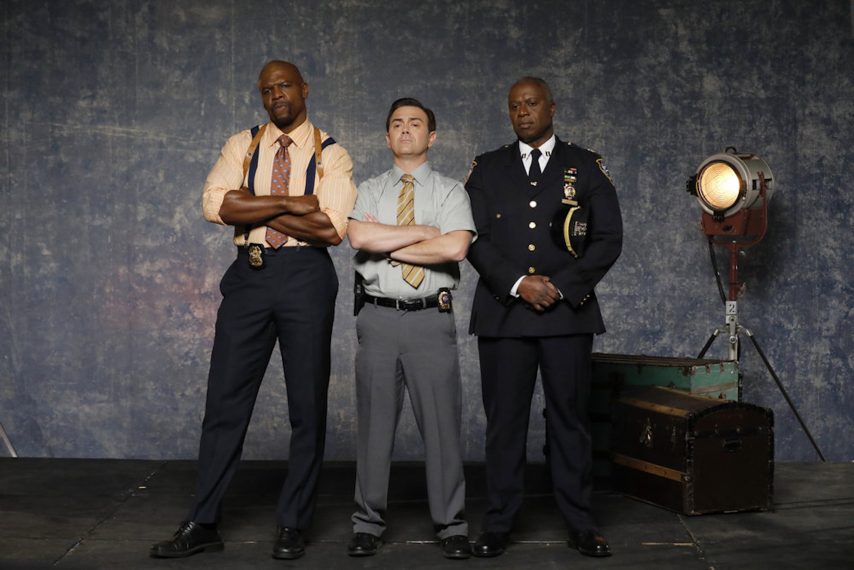
Deals with real-world issues
One of Nine-Nine’s greatest strengths is the gracefulness with which it handles issues and topics that are present in today’s headlines. Rather than retreading old cop show ground with conflicts that surface on nearly every justice-themed program, Nine-Nine reaches into the zeitgeist and picks out some of its themes from topics people are discussing in real life.
For a cop show, it covers a wide range; it manages to tackle issues that are central to law enforcement and issues that are central to the public at large. Nine-Nine tackled racial profiling among members of the police force, gender disparity at the highest levels of the NYPD, a coming out story that was both sweet and heartbreaking and even an active shooter situation. Worth noting is that while these issues are covered, they are done so tactfully — Nine-Nine doesn’t preach, but rather, it uses comedy to highlight the intricacies of these issues and to open up a forum for discussion.
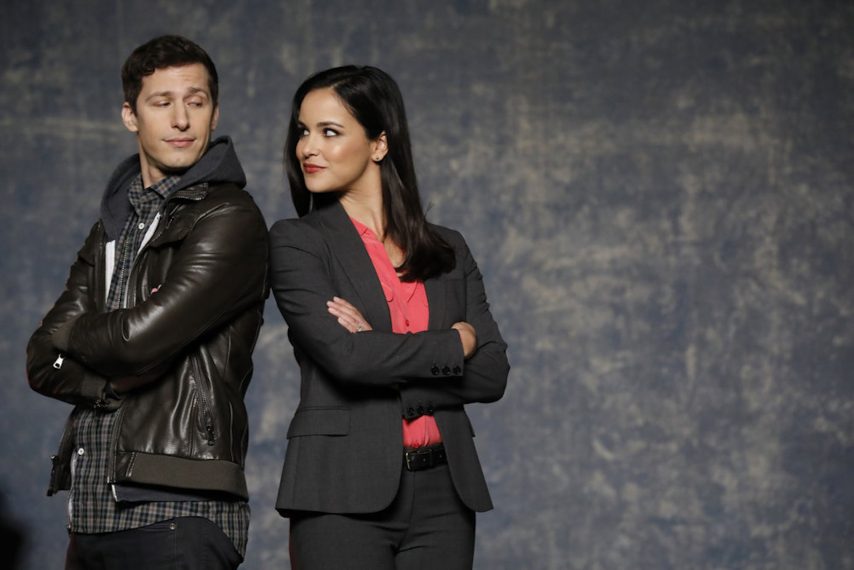
Relationships feel authentic
Perhaps the biggest draw to the show is the relationships among the characters. Whether platonic or romantic, the interactions between the members of Brooklyn’s 99th precinct feel real in a way that, sometimes, relationships on other drama shows don’t. Nine-Nine actively chooses to eschew stereotypes here, too; Boyle and Jake’s camaraderie is balanced despite Boyle’s constant vocalization of how in awe he is of his friend; Rosa, Gina and Amy get along and rarely resort to “catfighting,” let alone squabbling over men; Jake and Amy’s relationship is healthy and neither is tempted to cheat on the other.
Again, the steadiness of the bonds on the show prove the uniqueness of its characters and the commitment their writers have to showcasing a work environment free from the usual pitfalls of dramatic television. Most of the time when characters on Nine-Nine are arguing with each other, the conflict is more than surface level and there’s a lesson to be learned in its resolution. For a half-hour comedy, that’s both unusual and utterly refreshing.
Brooklyn Nine-Nine, Season 6 Premiere, Thursday, January 10, 9/8c, NBC
From TV Guide Magazine
How 'Countdown' Recruited Jensen Ackles to Go Full 'Die Hard'
Countdown boss Derek Haas talks creating the character around Ackles, and the cast teases the “Avengers”-like team of the crime thriller. Read the story now on TV Insider.


